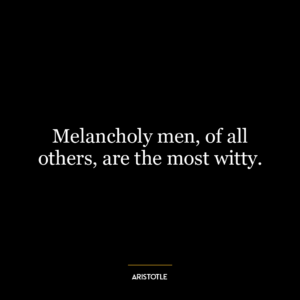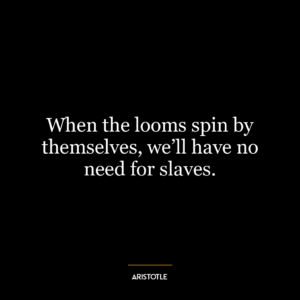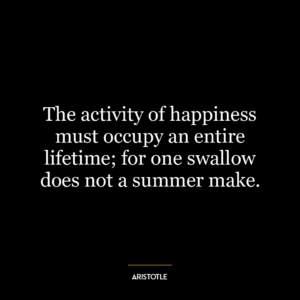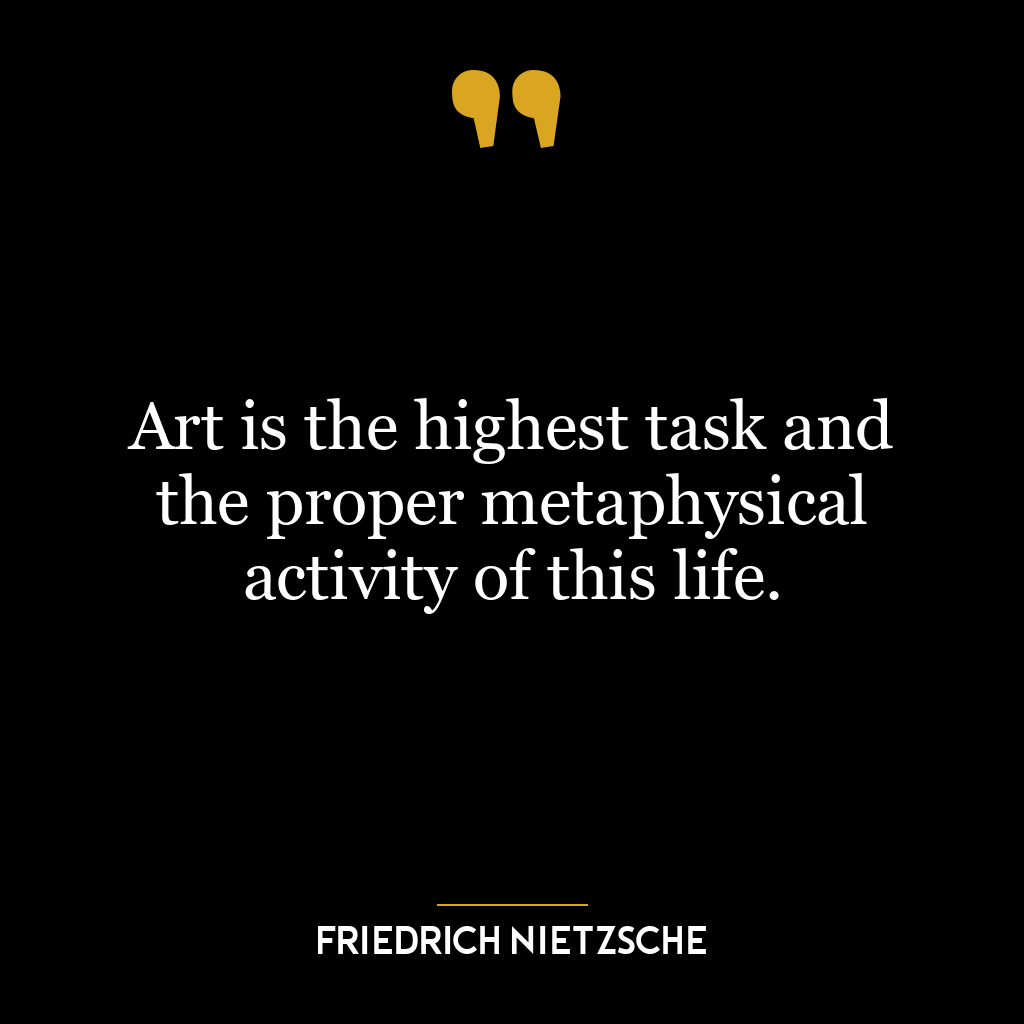“Nature does nothing in vain” essentially implies that everything in nature has a purpose, a reason for its existence or occurrence. It suggests that nature is efficient, and every process or element within it serves a function, even if we humans don’t always understand what that function is.
This concept can be seen in the intricate balance of ecosystems, where each organism, from the smallest microbe to the largest predator, plays a crucial role. It’s also visible in natural processes like photosynthesis or the water cycle, where every step is necessary for the overall functioning of the planet.
Applying this idea to personal development, it suggests that every experience, every challenge, and every moment of joy or sorrow in our lives has a purpose. Just as in nature, our lives are a series of interconnected events and experiences, each contributing to our growth and evolution. Even the hardships we face are not in vain; they shape us, make us stronger, and prepare us for future challenges.
In today’s world, this concept can be applied to our approach towards the environment. Recognizing that every element in nature has a purpose can lead us to respect and protect the environment, understanding that disrupting one part of it can have far-reaching consequences.
In a broader societal context, understanding that everything has a purpose can foster empathy and acceptance. Just as every element in nature has a role, so does every individual in society. Recognizing this can help us value diversity and understand that everyone has something unique to contribute.
In essence, this quote is a reminder of the interconnectedness and purposefulness of life. It encourages us to seek meaning and purpose in our own lives, to respect the natural world, and to value the contributions of each individual in our society.















